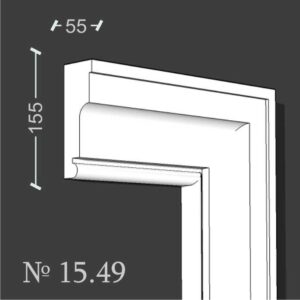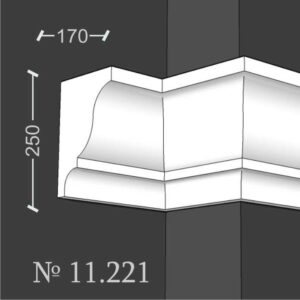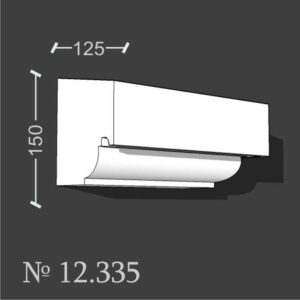Residential mold testing can be a step toward ensuring a healthy living environment. As homeowners, we often tend to overlook the presence of mold until it becomes visually or olfactorily apparent. However, being aware of the health risks associated with mold spores for individuals with allergies or asthma makes investing in residential mold testing a wise choice. In this blog post, we will explore how residential mold testing can contribute to better breathing and emphasize the importance of taking action if you suspect mold growth in your home.
What is Mold Exactly?
Mold belongs to the category of fungi that thrive in damp conditions. It develops on wood, paper, fabrics, and even food. Multiple types of molds exist, each differing in terms of their harmfulness. Some mold produces mycotoxins, which can lead to health issues.
Understanding the Impact on Health
While mold spores are omnipresent and generally don’t affect people, they can pose health risks for individuals with allergies or asthma. Mold exposure may trigger sneezing, coughing, wheezing, and itchy eyes. In some cases, respiratory infections, skin rashes, and even neurological damage can occur due to prolonged mold exposure. That’s why promptly analyzing mold with the help of residential mold testing services and addressing the issue is crucial.
How Does Mold Testing in Residential Settings Work?
Residential mold testing involves collecting air and surface samples to determine if mold is present in your home. A professional mold inspector will visit your place, utilize equipment to gather samples, and send them to a laboratory for analysis. The lab will determine the existence of mold, identify its type, and quantify its levels.
Why is Residential Mold Testing Significant?
Residential mold testing holds importance for many reasons. Firstly, it can help you detect a mold problem before it escalates beyond control. If left untreated, mold can increase and become challenging to eradicate. Secondly, understanding the type of mold you are dealing with can assist in devising a plan of action. Specific types of mold are more harmful than others and require aggressive treatment. When buying or selling a home, residential mold testing provides reassurance. Buyers want the assurance that they are moving into a healthy environment, while sellers want to ensure they are not unknowingly selling a home with a mold issue. If you discover mold in your home, it’s crucial to take action. The longer you delay, the more challenging it becomes to eliminate the mold.
Here are some steps you can follow:
Determine the Source of Moisture: Mold requires moisture to thrive. It’s essential to identify where the problem originates from. Familiar sources of moisture include leaks, floods, and high humidity levels.
Seek Assistance from a Professional: Mold removal can be potentially hazardous, mainly if the mold has spread extensively. Hiring experts from a mold remediation company specializing in handling situations is advisable.
Prioritize Safety Precautions: Mold can pose health risks, so taking safety measures is crucial. Wear gloves, a respirator mask, and eye protection when dealing with mold-infested areas. Ensure adequate ventilation in the affected space. Seal off the area to prevent spores from spreading elsewhere in your home.
Thoroughly Remove the Mold: Depending on how severe the issue is, you can clean the affected area using a mixture of bleach and water or remove contaminated materials such as drywall or carpeting. Remember that promptly addressing mold is essential for maintaining a healthy living environment in your home. Once removed, it is crucial to tackle the root cause of moisture to prevent the recurrence of mold.
In Conclusion
Testing for mold is a step in ensuring the well-being and safety of your home. Mold can pose health risks for individuals with allergies and asthma. If you suspect mold in your home, it’s imperative to take action. Engage professional mold remediation services, follow safety protocols, and address the source of moisture to prevent future mold growth effectively. By conducting mold testing, you can have peace of mind knowing that your home is devoid of mold spores.













